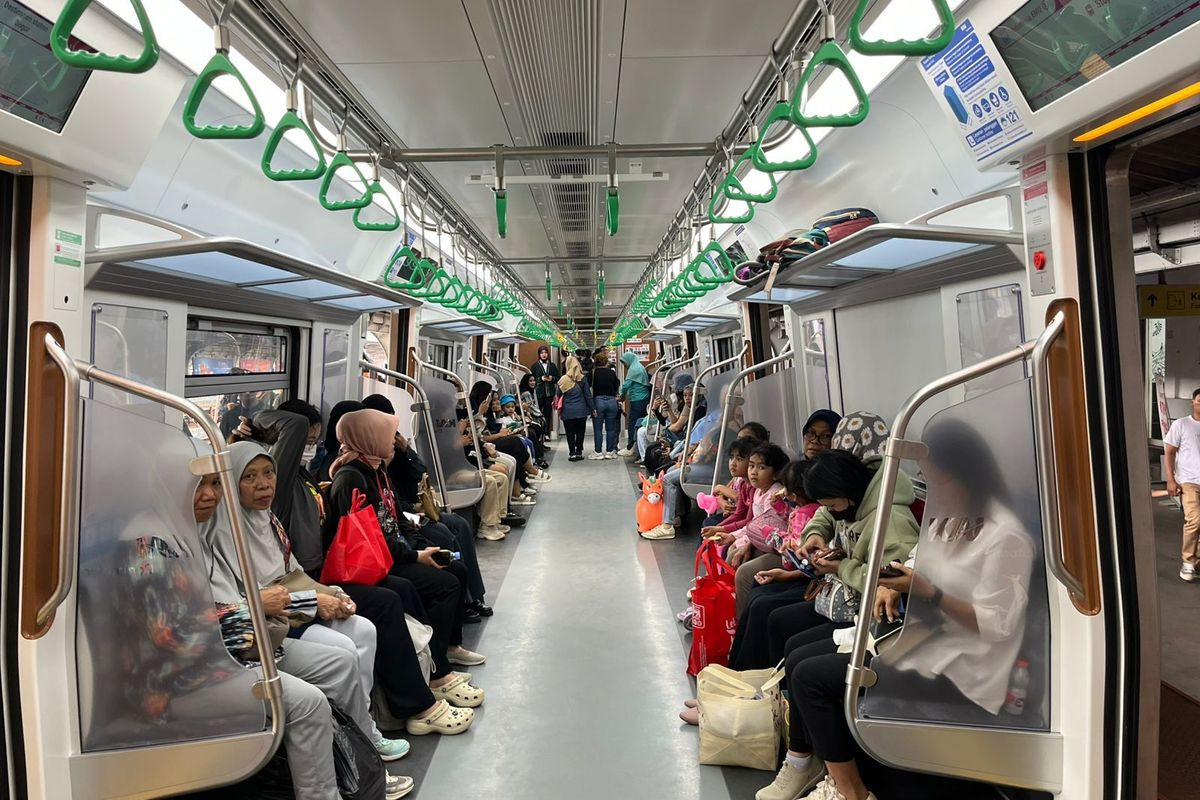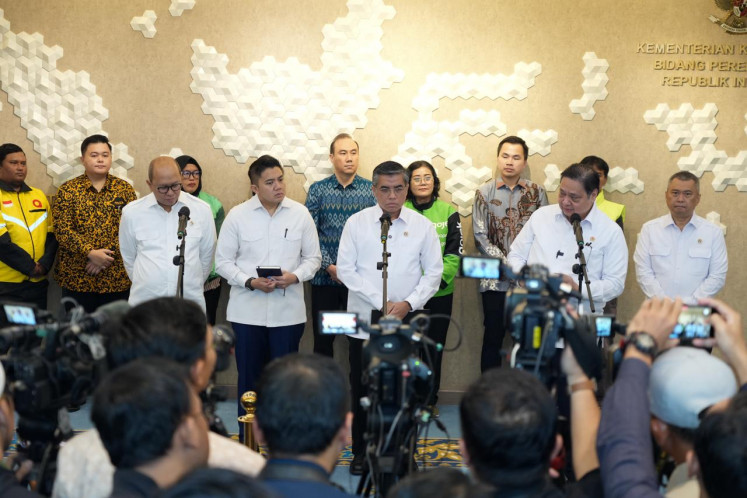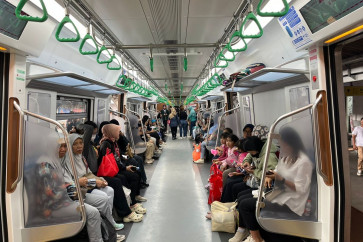Popular Reads
Top Results
Can't find what you're looking for?
View all search resultsPopular Reads
Top Results
Can't find what you're looking for?
View all search resultsTransportation costs in Indonesia exceed global standard: Ministry
Change text size
Gift Premium Articles
to Anyone
A
t 12.46 percent of the overall cost of living, Indonesians spend significantly more on transportation than the global average, according to Transportation Ministry data.
The ministry’s director general for multimodal transportation and integration, Risal Wasal, said that, ideally, transportation costs should not exceed 10 percent of household budgets, citing a standard set by the World Bank in 2023.
“Such high costs are certainly a burden on the people. Through fare integration and [implementing] an integrated payment system, the burden can be reduced,” he said on Tuesday, as quoted in a press release.
In addition to cost pressure, dense traffic also posed a challenge, Risal said, with greater Jakarta alone recording over 75 million daily movements in 2023, according to the Greater Jakarta Transportation Body (BPTJ).
Risal noted that, without proper integration of transportation systems, the high intensity of public mobility could lead to ineffective management, increased travel times and costs.
He went on to say that an integrated transportation system had to be connected to city nodes and food production centers (KSPP) to facilitate not only public mobility but also seamless logistics and distribution of goods.
Risal said digitalizing public transportation payments with a tap-in, tap-out system was crucial for collecting data on passenger traffic.


















